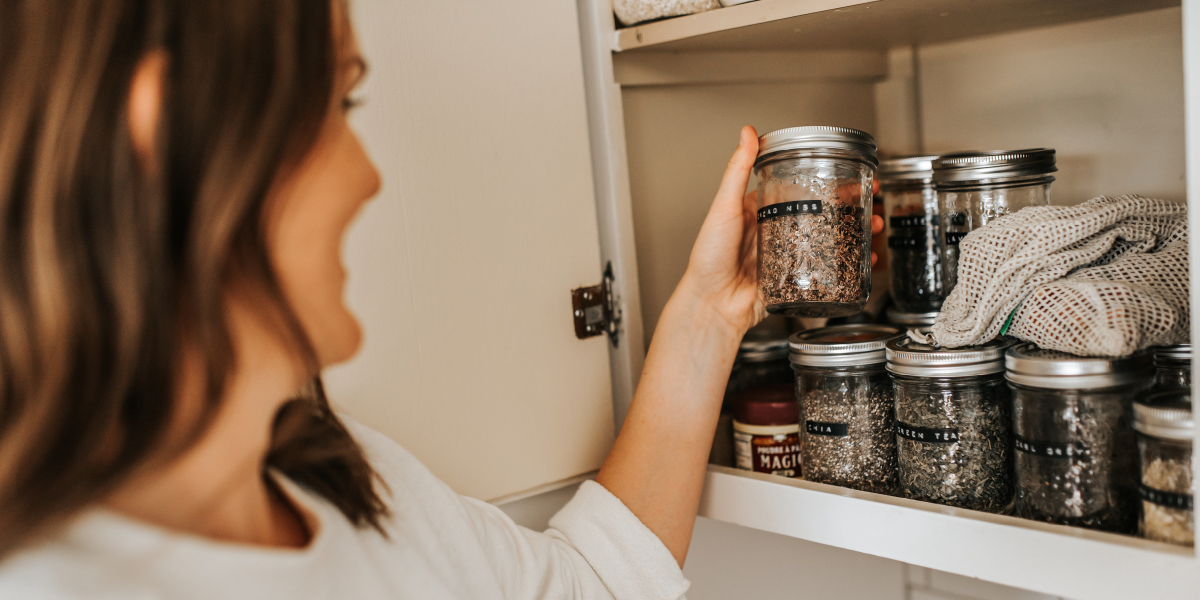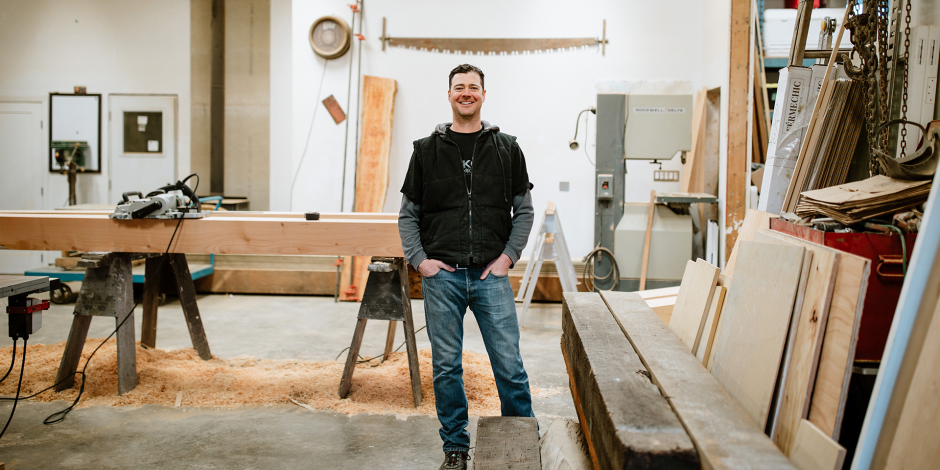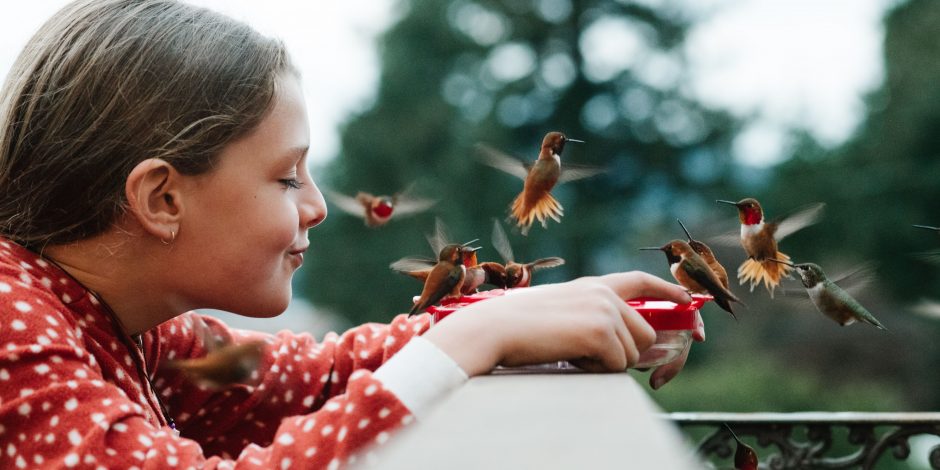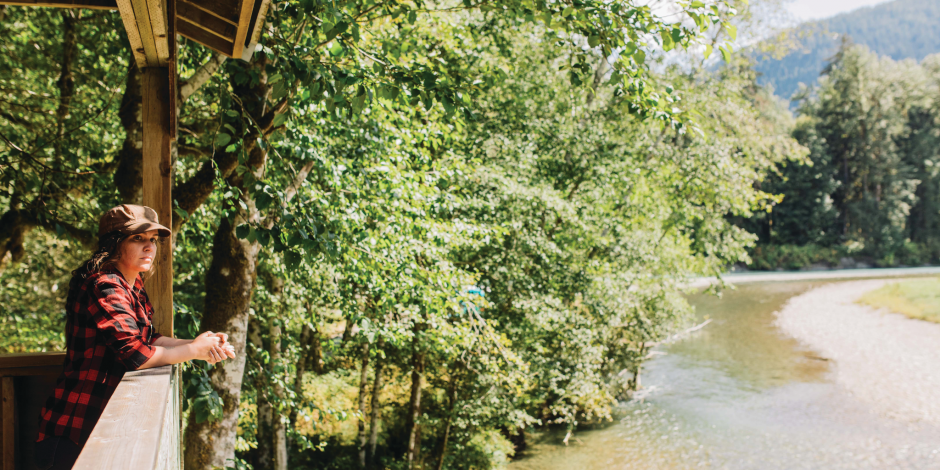When thinking of where we live, I can’t help but conjure up images of lush greenery, diverse ecosystems, and expansive marine life. My childhood is peppered with memories of playing hide-and-seek in the small forest next door and boating on the ocean or the nearby lake during summer camping trips with my family. The natural beauty of Vancouver Island is undeniable, and ever since I was young, the urge to be kind to this beautiful place we call home has always been at the forefront. Environmental concerns, though not new, seem to be getting new life as consumers become more mindful about consumption and shopping habits, and timing couldn’t be better as package-free grocery stores, refilleries, and more recycling and disposal options are popping up all around the Island, making it easier than ever.
My own zero-waste story is a little more gradual, though a noticeable shift in my perspective and way of life is now clear. In 2018, I took it upon myself to see how much I really could lessen my own waste output as I was no longer able to look at garbage cans overflowing with plastic and single-use containers without my stomach knotting up. I started slow and small with everyday things that didn’t significantly change my way of life. My first task was to become so rigid about not taking plastic bags from the grocery store that when I forgot my reusable bags that I had dug out from the closet, I would either force myself to turn around and get them, or go without shopping for that day. I quickly began to see the effects of plastic bags no longer spilling over in my laundry room or clogging up the space under my sink, and I became curious about what else I could remove from my life that would not only allow me to do my part for the environment, but would actually free up space in my home.
After avoiding plastic bags and other single-use items like to-go coffee cups, I set my sights on another major culprit: food waste. At the time, I was living in a small apartment building on the mainland and though food scraps were picked up weekly, I had not been motivated to commit to keeping mine out of the landfill completely. I decided then to divert all food waste and organics from my garbage bin and pretty soon, my weekly garbage run became less and less frequent, until it was only necessary about once per month. Was it true that all this time, vegetables were why I was taking the dreaded run to the dumpster so often? In Campbell River, food waste accounts for about 20 percent of all garbage sent to the landfill, but by shopping smarter, using everything we can and composting in our backyards where available, I’ve learned we truly can make an incredible difference. What’s more, with a new facility under construction at Campbell River Waste Management, we can look forward to curbside organics pickup as early as 2021.
My next step in the process was to slowly audit my entire home. I went room by room and took stock of everything
I owned: mountains of unused personal products under the sink, makeup decaying in my beauty bag: non-perishable food items I’d pushed all the way to the back of my cupboard (to be surely forgotten), and a closet full of clothes I owned but didn’t truly like or wear. To my astonishment, I really only used and loved a small fraction of what I had. The rest was just taking up space in my home and in my life. As I cleared out what I no longer needed, and stopped bringing things in, space opened up and I could really take stock. I began to understand just how much I purchased simply because I felt like it or because it was easy, though very little of it was adding value to my life at all. I no longer felt excitement filling up every nook and cranny with things and then something else happened; I began to take other things into consideration, like the whole supply chain when deciding which cheese to buy or what brands I was willing to support. I was now curious about the whole story when I shopped. I started looking for more local goods and began researching why this is so important. I adopted a kinder approach to shopping in general and played around with making more items from scratch, discovering a joy I hadn’t previously known. Living with less and striving for a (close to) zero-waste mentality has expanded my mindset and brought me closer to what is truly important to me. And though it is a work in process, every day is another opportunity to do better, to unlearn what I thought I “needed” and determine what it is I actually want, all while contributing less and less to the landfill. Now, I automatically bring less items into my house and have cut my waste output by about 80%, with very little inconvenience.
When done gradually, cutting our household waste can be a simple transition that not only supports the environment, but in fact, has the capacity to open up space within ourselves to figure out what we truly want. More time, more meaning, more joy. These are all things I have discovered along the way, and I cannot wait to see what is next.





